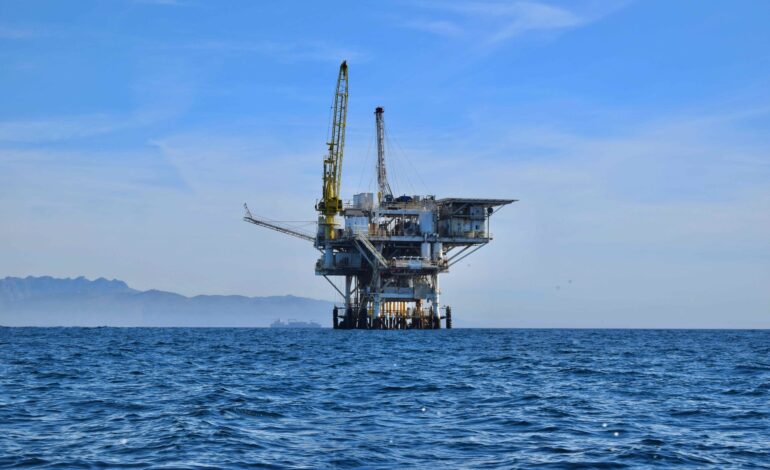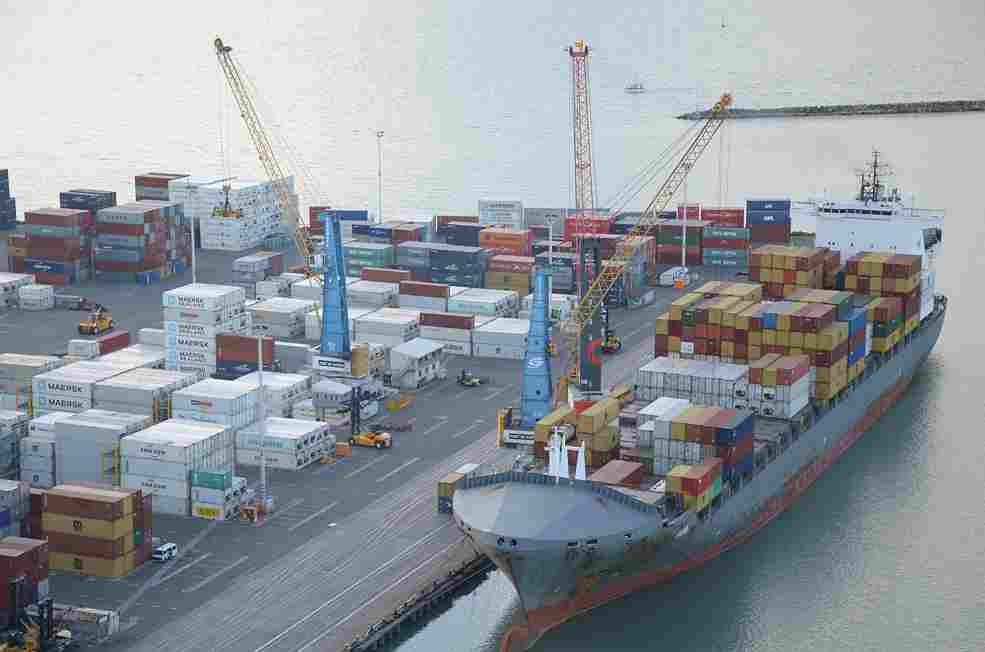
The Essential Role of Bunker Fuel in Offshore Energy Projects
Bunker fuel is indispensable in the realm of offshore energy projects, serving as the primary fuel source that drives crucial operations essential for offshore exploration and production activities worldwide. These projects encompass a diverse range of endeavors, from extracting offshore oil and gas to developing and maintaining offshore wind farms and other marine engineering projects. Here, we explore the pivotal role of bunker fuel in powering and sustaining these complex offshore operations.
Powering Offshore Platforms and Vessels
Bunker fuel plays a critical role in providing reliable and continuous power to offshore platforms, which serve as operational centers for drilling, production, processing, and accommodation facilities in offshore oil and gas fields. It fuels generators and turbines that generate electricity essential for operating machinery, equipment, and systems crucial for extracting hydrocarbons from beneath the seabed.
Additionally, bunker fuel fuels a variety of support vessels essential for logistical support and transportation. These vessels, including supply boats, crew transfer vessels, and maintenance vessels, transport personnel, equipment, supplies, and provisions to and from offshore installations. Bunker fuel enables these vessels to navigate challenging marine environments and maintain operational efficiency during their missions.
Environmental and Operational Considerations
While bunker fuel ensures the operational reliability of offshore energy projects, its use raises significant environmental and operational considerations:
- Environmental Impact: Combustion of bunker fuel releases emissions such as sulfur oxides (SOx), nitrogen oxides (NOx), particulate matter (PM), and carbon dioxide (CO2) into the atmosphere, contributing to air pollution and environmental concerns. Measures are in place to minimize these emissions and their impact on air quality and climate.
- Oil Spill Risks: Handling and storage of bunker fuel pose risks of oil spills, which can harm marine ecosystems and coastal habitats. Strict protocols and measures are implemented to prevent and respond to oil spill incidents and mitigate their environmental impact.
Advancing Towards Sustainability
To address environmental concerns and promote sustainability in offshore operations, the industry is exploring cleaner and more environmentally friendly alternatives to traditional bunker fuel:
- Liquefied Natural Gas (LNG): LNG is gaining popularity as a cleaner alternative to conventional bunker fuel due to its lower emissions profile. LNG-powered vessels and platforms contribute to reducing air pollution and greenhouse gas emissions, supporting global efforts to combat climate change.
- Integration of Renewable Energy: Offshore energy projects are increasingly incorporating renewable energy sources such as wind, solar, and wave energy. These sources provide sustainable alternatives to fossil fuels, reducing reliance on bunker fuel and further lowering environmental impacts.
Future Outlook and Industry Initiatives
Looking ahead, the offshore energy sector is committed to advancing sustainability through technological innovation, regulatory compliance, and industry collaboration:
- Technological Innovation: Ongoing research and development aim to improve combustion efficiency, develop emission control technologies, and explore alternative fuels to reduce the environmental footprint of offshore operations.
- Regulatory Compliance: Adherence to international and regional regulations, including those set by the International Maritime Organization (IMO), drives industry standards for emissions control and environmental performance. Compliance supports sustainable practices and environmental stewardship in offshore energy projects.
- Industry Collaboration: Collaboration among energy companies, technology providers, research institutions, and regulatory bodies is essential for developing and implementing sustainable solutions in offshore operations.
In conclusion, bunker fuel plays a crucial role in powering and sustaining offshore energy projects globally. While traditional bunker fuel remains vital for operational reliability, ongoing efforts to adopt cleaner alternatives and enhance environmental stewardship are essential for shaping a sustainable future in offshore energy. Through innovation, collaboration, and regulatory adherence, the industry can continue to drive positive change and contribute to global sustainable development goals in maritime operations.





